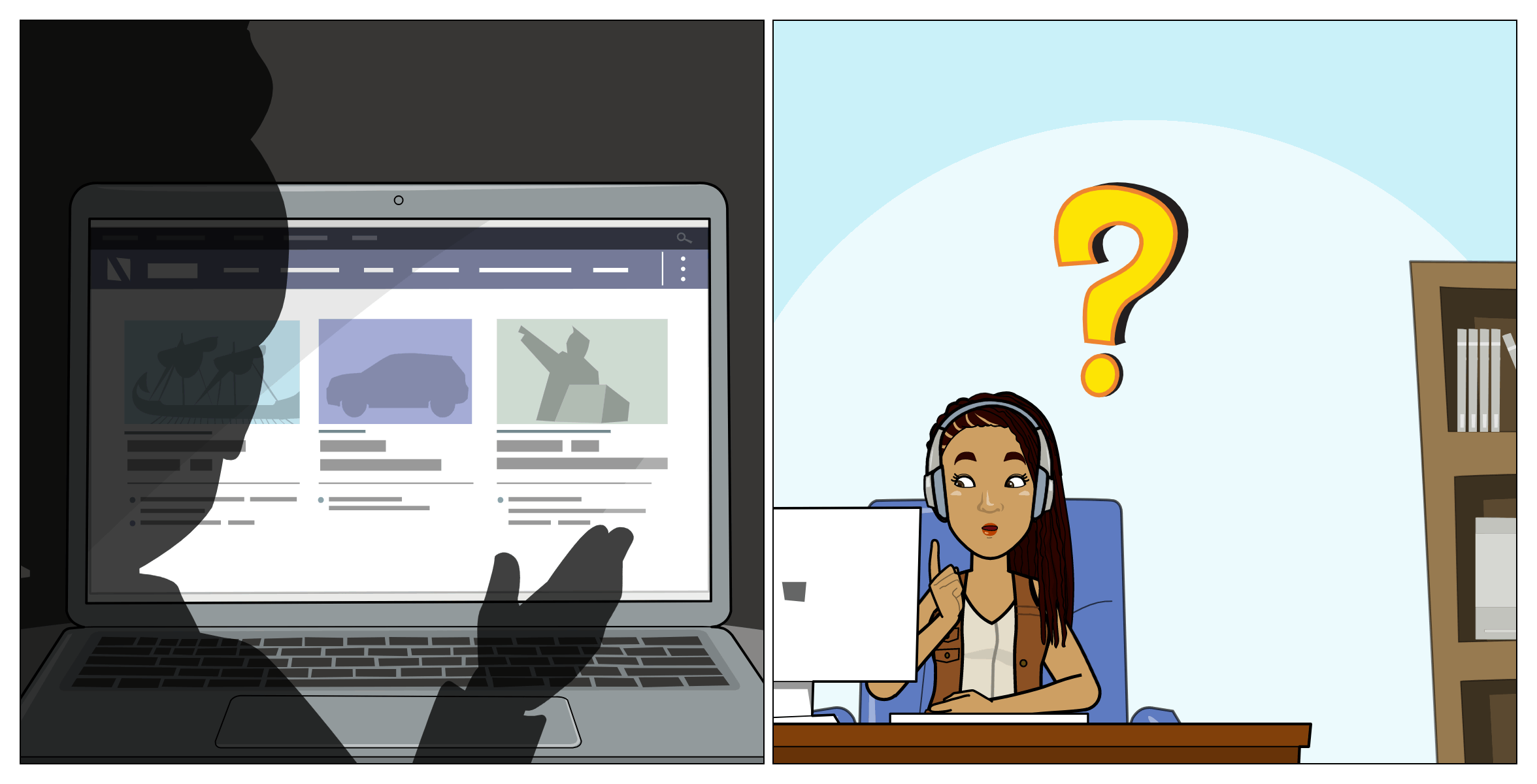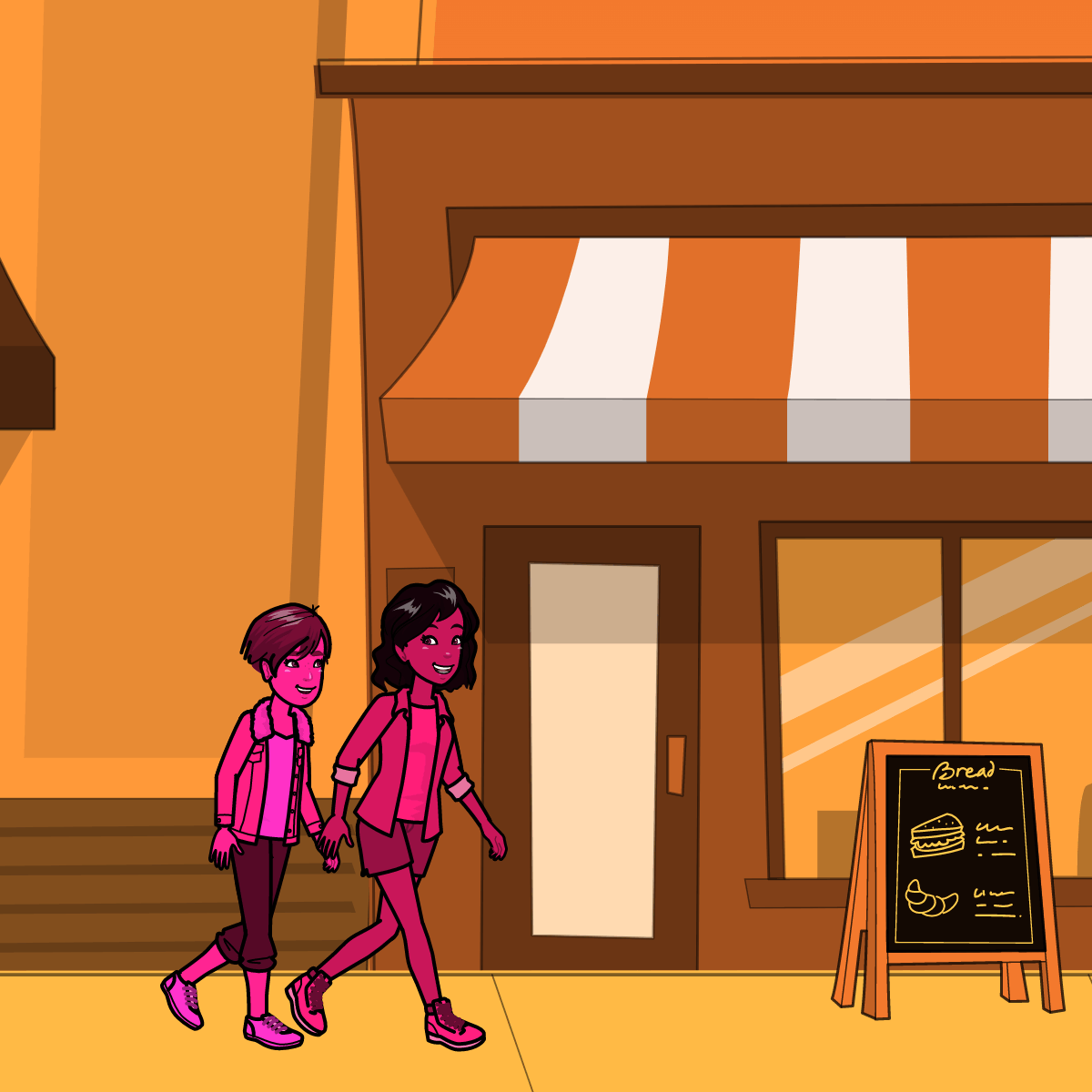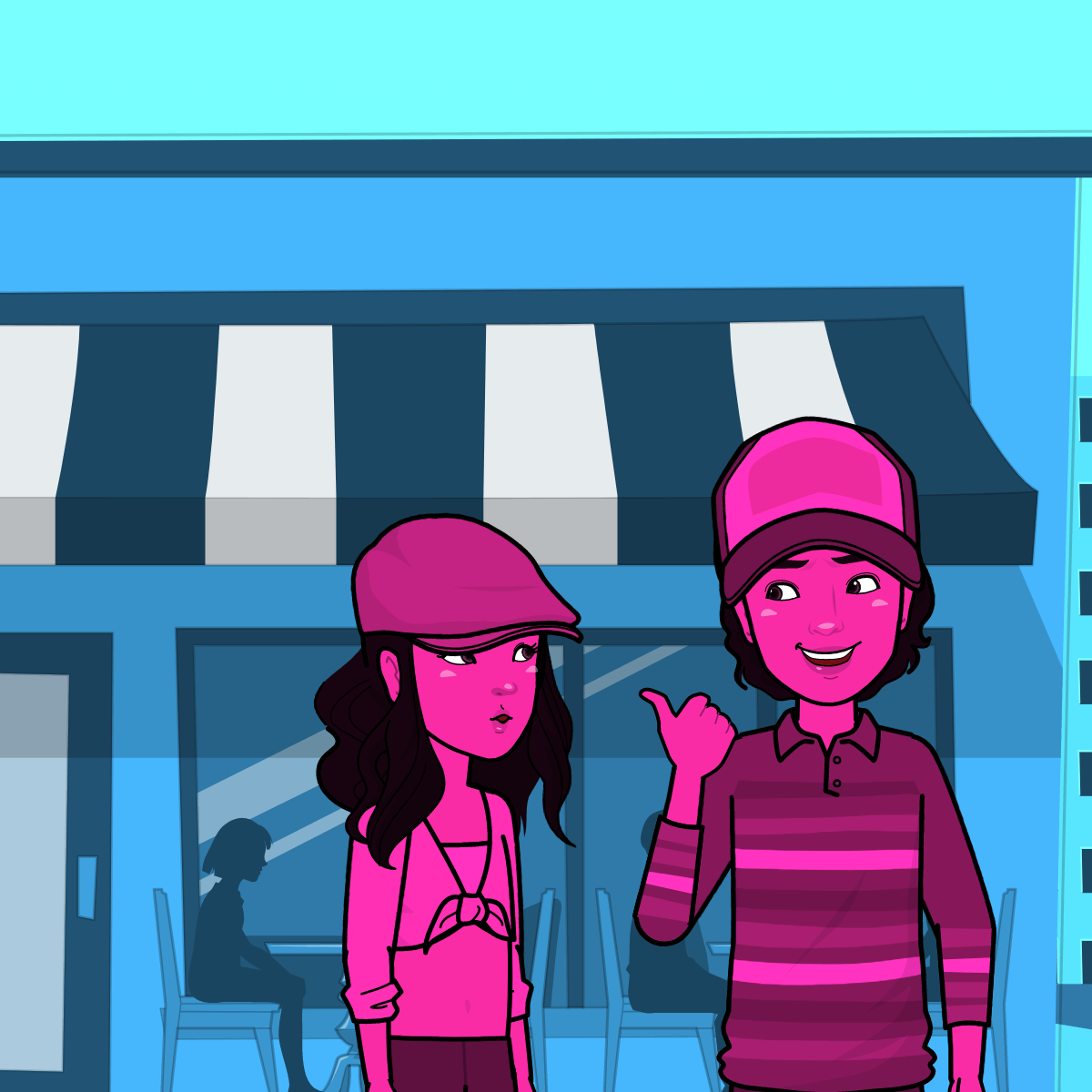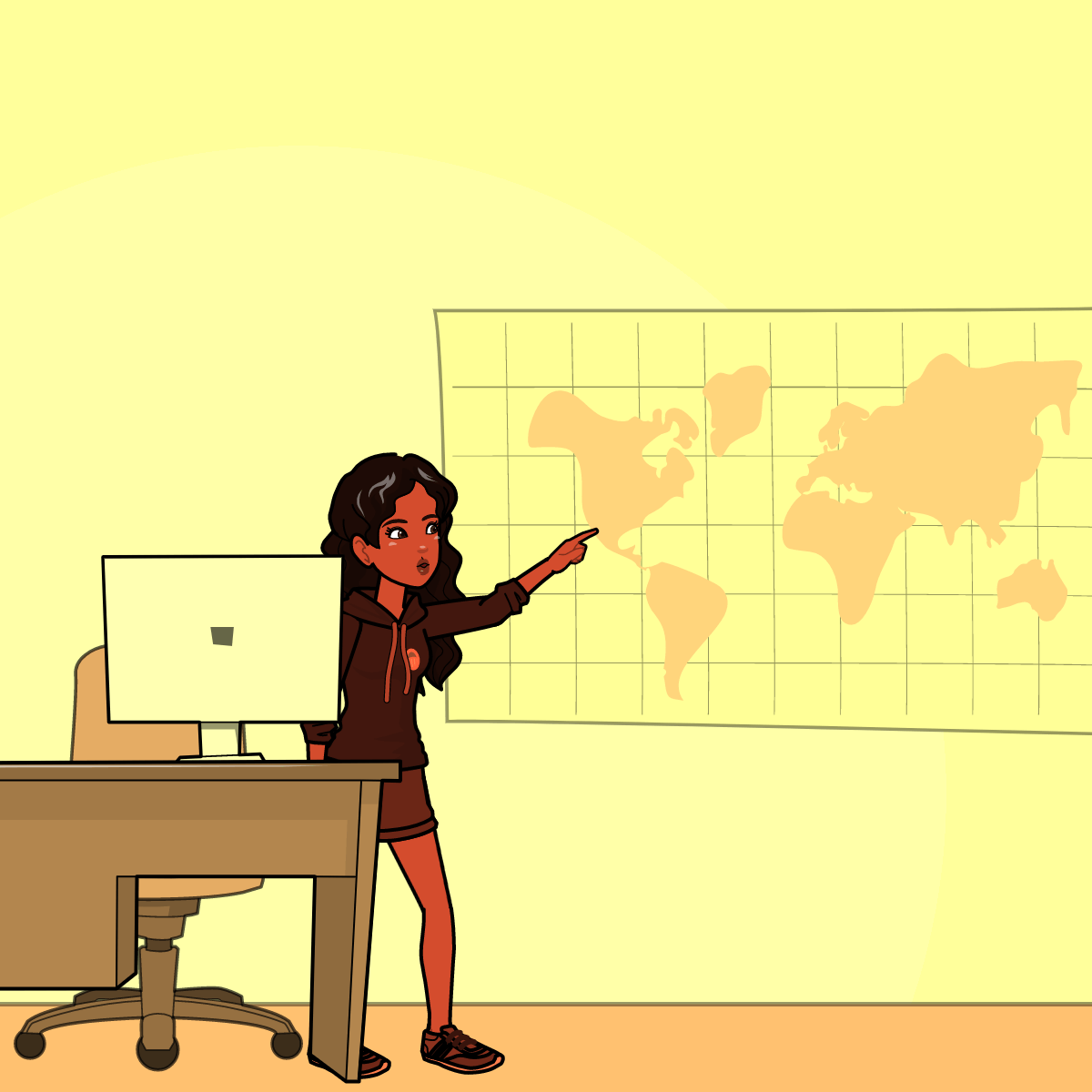
When you go out, sometimes it's hard to decide where to go, so you can ask your relatives or friends for advice. To make your final decision you can compare your options.
Imagine you have a foreigner friend that visits you. Where would you take him or her? Nicky has a Canadian friend who's coming to visit. Read and listen to their conversation.
Rodha: Hi! How's it going?
Nicky: Great! How are you?
Rodha: Super! I'm really excited because my Canadian friend is coming to visit Mexico City next Saturday. He's going to stay in a hotel near Palacio de Bellas Artes. I'm checking a webpage and I'd like to know your opinion. You see, I want to take him to a museum, but I can't decide between the Casa Azul and the Museo de Arte Popular. What do you think?
Nicky: Well, considering he's staying in a hotel downtown, the Museo de Arte Popular is far, but the Casa Azul is farther, so I definitely recommend you go to the Museo de Arte Popular as you can see a collection of pieces of art, textiles and costumes from many places around Mexico. And you know what? I think some people who work in the Museo de Arte Popular are sometimes in a bad mood. But in the Casa Azul the people's mood is worse! And you have to wait too much time to get in.
Nicky: That's right! In my opinion, the Casa Azul is a good museum, but the Museo de Arte Popular is better because it shows a variety of art and we can have free time to go shopping for souvenirs later.
Rodha: Exactly! Have fun with your friend!
As you can see, comparative adjectives don't always follow the same rule. In fact, there are a few exceptions. These exceptions are called irregular comparative adjectives.
Take a look at the following examples:
Ray: I'm hungry! We should have lunch. Let's buy something outside.
Amy: Why don't we go to the cafeteria. I think it's better than the stores outside because you can find a varied menu.
Ray: Ok! Sounds good!

Susan: I don't like going to “Crazy Pizza” because the service is bad.
Martha: You're right, but the service in “Pizza dream” is worse! We should go to “Crazy Pizza”!

We use “farther” when we refer “to a greater physical distance”, for example:
Elliot: You know, Mexico city is very crowded these days. Let's go to another state next vacations.
Jazmin: I agree! Why don't we go to San Luis Potosí? Or maybe Chiapas?
Elliot: Wow! Both are beautiful! But Chiapas is farther, I think I prefer going to San Luis Potosí.

We use “further” when we talk about metaphorical ideas, for example:
Rachel: Mrs. Smith, could you repeat the information about Martin Luther King?
Mrs. Smith: Sure Rachel, Martin Luther King Jr. was a civil rights activist who preferred nonviolent ways to protest against racism, if you want to learn more about him, you can find further information in this book.

“Learning a second language not only has cognitive and academic benefits, it also supports a greater sense of openness to - and appreciation for - other cultures.”
(Tochon, 2009).

When you are interested in learning a foreign language, you can visit and compare schools. Some of the things that you can consider when you choose a school are its price, its facilities, the amount of people in the groups, and the accessibility to resources.
Susan is looking for a school to study Japanese. These are the notes she took to compare two schools.
Better talking
- 3 month Japanese course: 1500 pesos
- Groups: maximum 35 people
- Facilities in the classrooms: a board.
- Price of the book: 700 pesos
- At the Self Access Language Center, you can find:
- Classic audiobooks
- Magazines
Let's Parley!
- 3 month Japanese course: 2000 pesos
- Groups: maximum 10 people
- Facilities in the classrooms: a projector, speakers, an interactive board.
- Price of the book: 600 pesos
- At the Self Access Language Center, you can find:
- Movies
- TV series
- Recent Magazines
- Contemporary audiobooks
- Software
Imagine you have to help Susan make a decision. Write the words to the corresponding sentence.
More up-to-date | smaller | cheaper | older | more expensive | more versatile | more crowded


